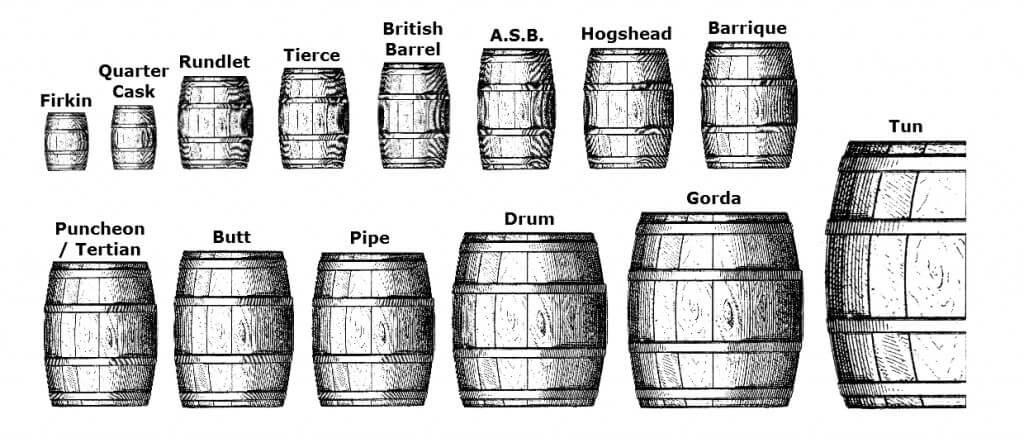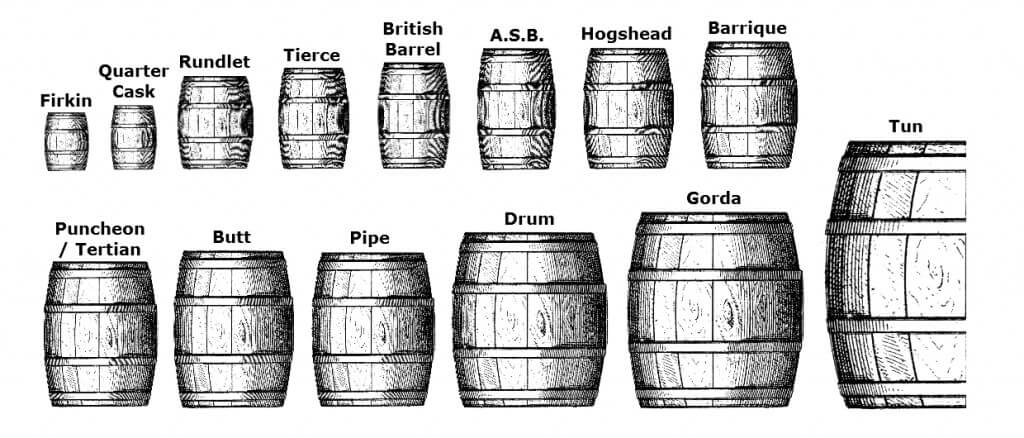
Whisky is an interesting alternative to traditional or even the alternative SWAG (silver, wine, art and gold) investing. It has several interesting characteristics it does not go off like wine, but it can still be consumed, unlike gold and silver. Unlike art, once it is consumed it cannot be consumed over again. Whisky offers an investment vehicle which could increase over time. Until recently investing in whisky was something reserved for the few, it took time, knowledge, know-how and expertise. With whisky Invest Direct (WID) some of those challenges have been simplified
Whisky represents one-quarter of UK’s exports of food and drink. More than 9,000 people are employed in the Scottish Whisky businesses. A total of £3.4 billion worth of Whisky were exported in 2015.
Scotch Whisky Investment Analysis
Strengths
- Whisky Invest Direct (WID) Platform is developed / owned by Bullion Vault, they have more than 2 billion worth of gold under management.
- On the platform, you can find different whiskies with different production dates. WID adds new whisky regularly.
- Product is insured, and evidence of this is available on the site.
- Whisky gives you access to an alternative asset which was only available to a few in the past.
- WID gives you access to liquidity. If you buy a cask and store it in a private bonded warehouse the price to arrange the purchase and the sale will take time and probably be more expensive.
- Whisky investments have low correlation with traditional asset classes such as bonds and equities. This means that price movements in the stock market are less likely to be followed by the price of Whisky.
- An alternative investment in this space is wine. The wine matures in the bottle while whisky only matures in the cask. After being bottled whisky is stable and stops maturing after bottling. This adds a level of price stability which is not present in wine investments.
Weaknesses
- Monthly charges per LPA. LPA unit approximately 2.5 litres. Nothing is free!
- 1.75% commission when selling or buying.
- Storage fees are £0.0125 per Litre of Pure Alcohol (LPA) per month (£0.15 per year), subject to a monthly minimum of £3. The minimum of £3 blocks very small investors.
- Trading robots maintain liquidity in the market, and WDI has their bots with their unique “trading strategy” While this is not necessarily a weakness, I am not a fan of having trading bots on the system. This is because WID will scoop any fire sale from a particular investor and humans will not have a chance to participate in that. Read more here: Whisky invest direct bots
- Whisky evaporates at the rate of 2% per annum, (Angels’ share). The final buyer of the cask needs to take this into account when buying.
- You have to manually calculate your profits from various reports; there is no central place where you can calculate the profit to date. If you calculate your profits using Euros, this is even more complex as exchange rates vary by day. If WID invested in the trading bots, it would be nice if they offered more functionality for the common user.
Opportunities
- Diageo is one of the biggest Whisky producers. According to Nick Morgan, Head of Whisky Outreach at Diageo demand for whisky is coming from Europe and North America. If this is correct then in the future whisky demand will be challenged as the total European population will decline. However, the Asian nations will increase their populations, and this could provide an untapped market for whisky investors.
- There are two kinds of whisky investor; the first is for rare whiskies and the second is for mainstream whiskies.
- Investing in rare whiskies can be done through auctions or the famous Bonhams’ auction in Edinburgh. Speculators have pushed rare whisky prices up recently; this trend is similar to the inflated stocks. Will the bubble pop or will it keep climbing?
- You could also invest in a Whisky hedge fund such as the Platinum Whisky Investment Fund. However the minimum subscription is $250,000.
- Most whisky blends include whiskies which are younger than 12 years. WID is the platform to invest into general consumption whisky.
- Investing in Whisky can have advantageous tax implications. Consult your tax expert to take advantage of this possibility.
Threats
- When investing in rare whiskies, you are exposed to the risk of forgeries, with WID this risk is reduced.
- Brexit, could have an impact on the import taxes of Scottish Whiskies, making it more expensive than alternative competing products.
- Whisky bottle flippers are taking advantage of the demand from Whisky aficionados; this might start restricting the market to only the upper echelon of Whisky collectors as the others get priced out from having their desired whisky in their collections.
- WID is denominated in sterling.
- Rare whiskies are being sold in very elaborate packaging, stealing the show from the liquid on sale. Wine bottles are less influenced by this trend.
- Understanding the whisky demand and supply is not simple. When investing in a particular stock, you have a wealth of information to make a decision. This makes predicting future production and consumption of whisky difficult, to predict. Will the trend of whisky drinking continue in the future? If the past is any indicator, this is a definite yes. There are examples to the contrary, consider the down trend in smoking.
- Diversification in private whisky is expensive, with WID this is relatively easy on WID. The question is in which ones?
- Some of the Asian demand comes from the ultra rich, and recent disruption of corruption related activities have reflected in lower whisky prices, in particular, the rare variety.
Investing options:
Direct Investments:
Whisky Stocks:
- Brown-Forman (Jack Daniel’s)
- Diageo









